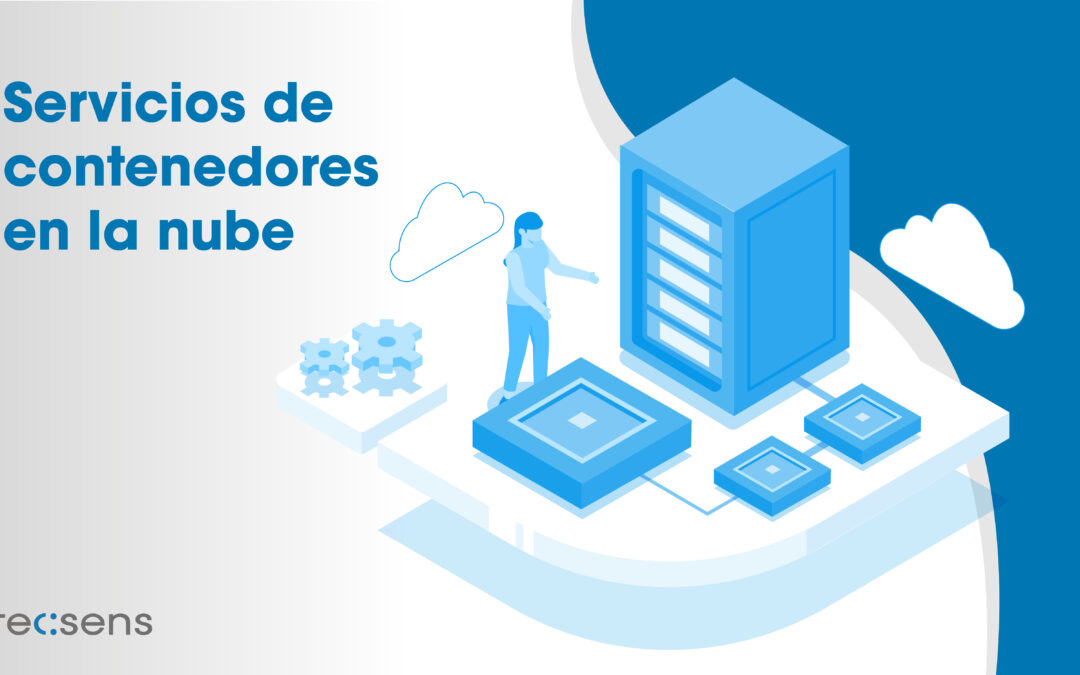Today, agility and flexibility are key elements for the success of any company. The rapid evolution of technology has led to a shift in the way applications are developed, deployed, and managed. In this context, cloud container services have emerged as a revolutionary solution that has transformed the way businesses handle their workloads. In this article, we’ll tell you all about cloud container services.
What are cloud container services?
Containers are lightweight, portable environments that encapsulate applications and all their dependencies, allowing them to run consistently in any environment. In the cloud, this technology has given rise to a number of specialized services that make it easy to deploy and manage containers at scale. An undisputed leader in this area is Kubernetes, an open-source platform that automates the deployment, scaling, and operation of containerized applications.
4 Benefits of Container Services in the UK
Portability
One of the biggest benefits of cloud container services is portability. Containers encapsulate everything needed to run an application, from code to libraries to configurations. This means that an application packaged in a container will run identically in any environment that supports containers, whether it’s in the enterprise data center, in the public cloud, or a combination of both. This portability simplifies the migration of applications between environments and provides businesses with greater flexibility to adapt to changing market demands.
Scalability
Container services offer exceptional scalability. Kubernetes, for example, makes it easy to deploy and autoscale containers based on demand. This enables businesses to optimize the performance of their applications and reduce operational costs by dynamically adjusting allocated resources as workload needs change.
Operational Efficiency
Operational efficiency is another plus point for cloud container services. The ability to encapsulate applications and their dependencies in containers makes it easier to manage and orchestrate resources. Kubernetes, as a container orchestrator, simplifies tasks such as deploying, updating, and monitoring applications, allowing operations teams to focus on more strategic tasks rather than dealing with operational details.
Security
Security has also been a key concern in the adoption of cloud container services. However, with the continuous development of standards and best practices, container security has improved significantly. Container images can be scanned for vulnerabilities, and access policies and security controls can be deployed centrally, providing a more secure environment for applications to run.
As cloud container services continue to gain popularity, it’s essential for businesses to understand and take full advantage of this technology. Adopting containers and orchestrators like Kubernetes not only improves operational efficiency, scalability, and portability, but also prepares organizations to meet future technology challenges. In a world where adaptability is key, cloud container services are playing a crucial role in the digital transformation of enterprises.




